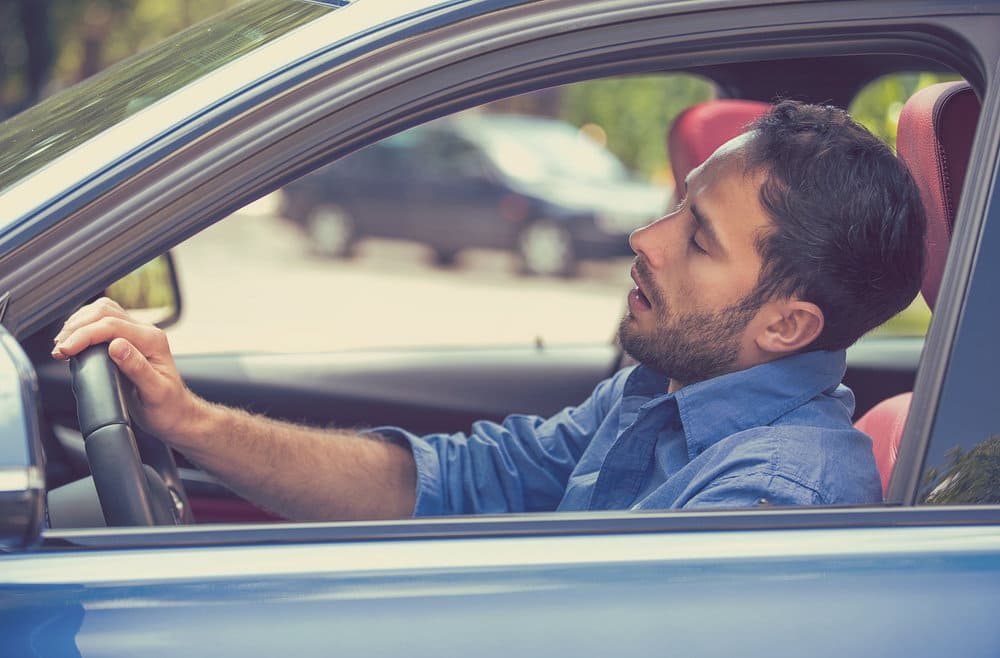Driving Under the Influence but Asleep at the Wheel
It goes without saying that to be guilty of drunk driving, someone needs to be operating the vehicle. Most DUI arrests involve situations where it is obvious that the person is either intoxicated or stoned and got behind the wheel and drove.
However, what happens when the police officer finds the person intoxicated but in a non-moving car?
Common Defenses
A DUI defense attorney may be able to argue that the person is not guilty of drunk driving because of one of the following situations:
- Another person was driving the car; or
- The intoxicated individual got in the car for another reason, such as wanting to warm up, wanting to rest, needing a place to sober up or needing a place to go to cool off. Essentially, if the person is there for any other reason other than driving the car, the defense may be used.
Sleeping in the Car
One possible situation occurs when the police find the individual asleep in the car. If the person is found in the car and is impaired by drugs or alcohol, with the person’s blood containing more than the legal limit, and he or she is determined to be in “actual physical control” of the vehicle, he or she can still be found guilty of a DUI.
If the keys are in the ignition, this often qualifies as being in physical control of the car, even if the engine is off and the person is sleeping in the backseat in the car. Other circumstances are considered including the car’s lights being on, the person being asleep in the driver’s seat, and the car being on a public road.
The police will look at where the car is found so if it is on a public road and it looks like the person recently drove it, then he or she will be likely determined to be in physical control over the car.
Reasonable Doubt
If the defendant was found asleep in the car and is determined to be in physical control over the vehicle, this does not mean that he or she will be found guilty and convicted of a DUI.
It is then up to the individual’s attorney to poke holes in the prosecution’s argument and raise reasonable doubt. The defense attorney can try to prove that the person was asleep in the car, that he or she was not in the driver’s seat with the engine off and car lawfully parked, and that he or she was not under control over the car.
Supporting Evidence
The prosecution will be looking for different types of evidence to show that the person had just driven or was in control over the vehicle.
This evidence can come from testimony from passengers or other eyewitnesses, photographs or videos from traffic cameras, or any other helpful evidence.
The prosecution will also look to the totality of the circumstances to show that the defendant was in physical control over the vehicle. If the engine was running or the defendant was seen trying to put the keys into the ignition, it could be argued that he or she was trying to drive.
If the car was found in a location where it would seem more likely than not that the person was driving or trying to drive, an argument could be made that he or she was in physical control over the vehicle.
Further, if the defendant was the only individual at the scene of the crime, it can be hard to prove that he or she is not in control over the vehicle.
The key is to show that the person did not drive the vehicle and was not in actual physical control over the car. The prosecution has the burden of proof of showing every element of the DUI beyond a reasonable doubt.
While it is not the job of the defense to prove that he or she was not driving, it is the job of the defense to poke holes in the case. If there is any doubt, then the defendant should not be convicted of the DUI.
An experienced DUI attorney can find this evidence to help poke these holes, including the following:
- Traffic camera photos or videos showing that it was doubtful that the defendant was behind the wheel;
- Eyewitness accounts from people who personally witnessed that the defendant was never driving;
- Inconsistent descriptions or testimony about the person who was actually driving the car, aside from the defendant; or
- Any other evidence supporting the account given by the arrested individual.
Contact Us Today!
If you have been arrested for a DUI while visiting our state, it is important you contact the Hill Firm today. We can meet with you to discuss your rights and all potential legal consequences from your arrest. Contact us today at (702) 848-5000.

